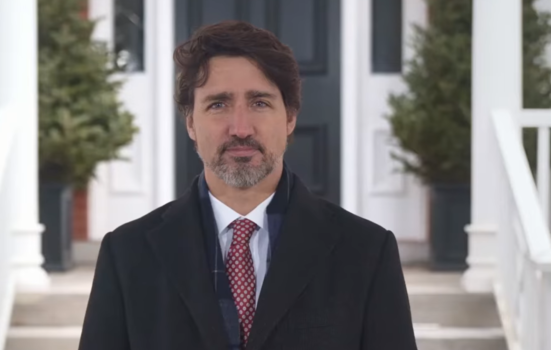Charles C. W. Cooke
National Review, Feb. 16, 2022
In a famous 1889 letter to A. S. Gruzinsky, the playwright Anton Chekhov proposed that “one must never place a loaded rifle on the stage if it isn’t going to go off” at some point later in the play. In art, as in life, Chekhov explained, “it’s wrong to make promises you don’t mean to keep.”
One might apply the same principle to politics. If a free people does not wish to have sweeping enabling laws used against it by the state, it must decline to place such laws on the statute books in the first place — for, like Chekhov’s gun, once there they are bound ineluctably to go off. In theory, emergency acts are reserved only for the most grievous of crises. In practice, they tend swiftly to cheapen the prior definition of “emergency.” And once that cheapening has occurred, that most dangerous of things is set in stone: a bad precedent.
This week, Prime Minister Justin Trudeau fired Chekhov’s gun, invoking Canada’s Emergencies Act for the first time since it was passed in 1988.
To view the original article, click here


